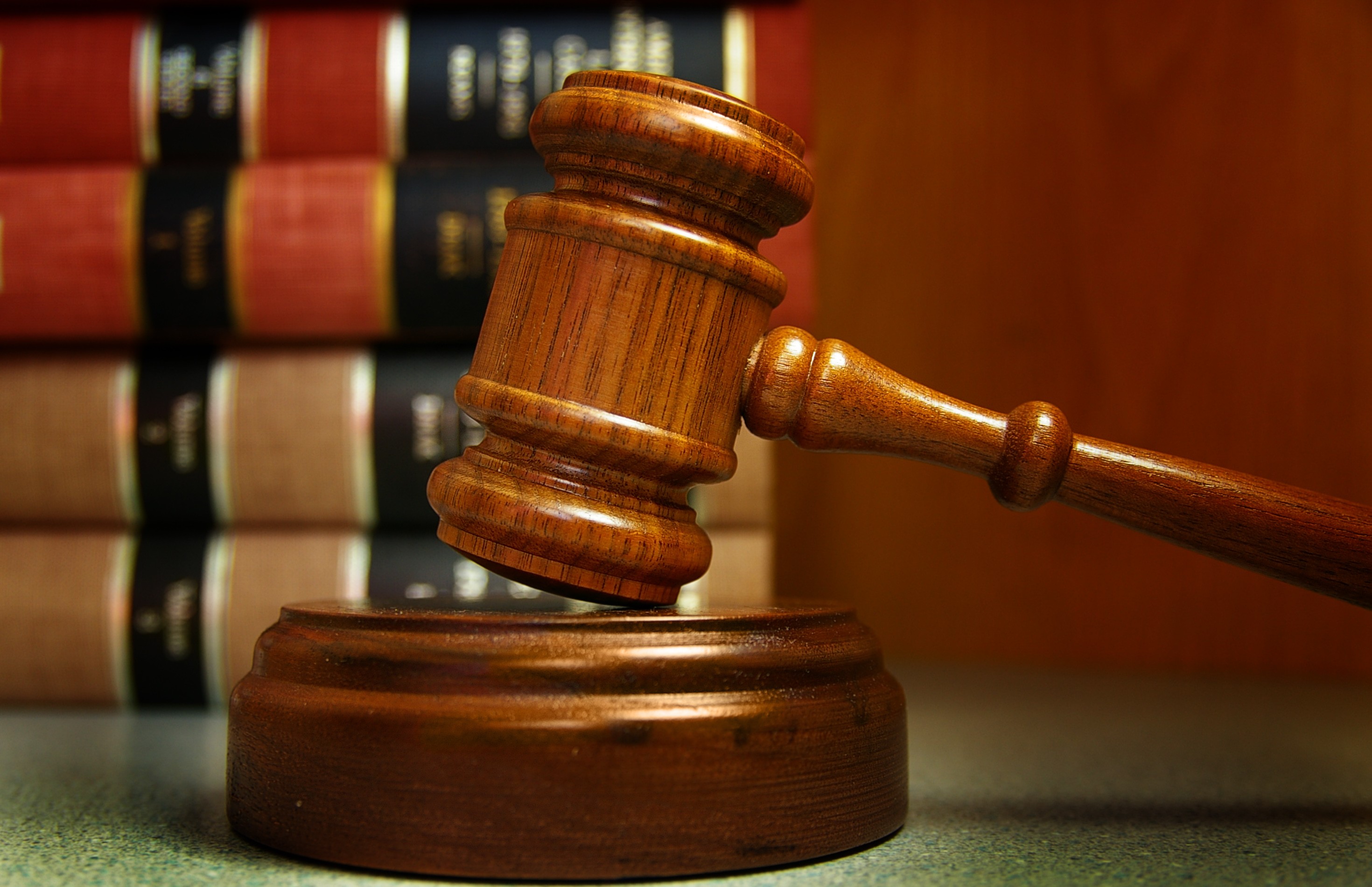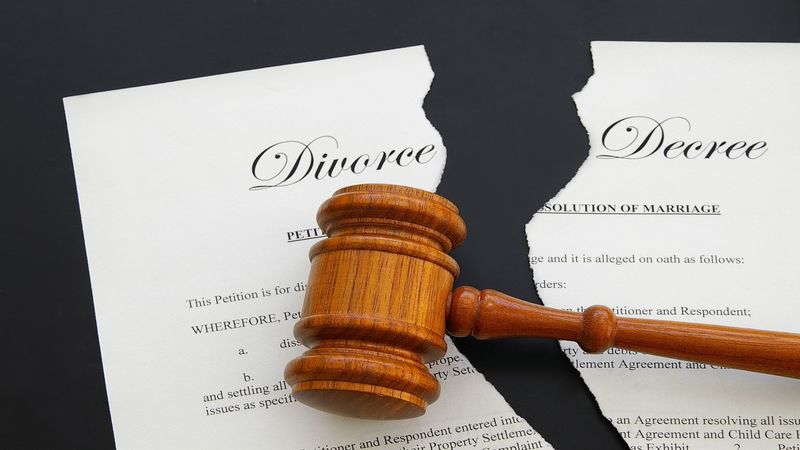A recent phenomenon has occurred in the United States: more and more people with different religious faiths have been marrying over the last decade. This type of marriage can be a challenge when children are involved as the parents must decide how their kids will be taught religion. But the real difficulty begins when the two parents divorce. The topic of how does religion play into child custody in Gilbertsville, PA has become a hot one.
The way the courts generally view religion and the upbringing of children in a divorced family is to balance the different concerns expressed. Courts have an obligation to uphold the First Amendment guaranteeing the right to freely exercise religious beliefs and for a parent to raise a child as he or she sees fit, provided such parenting doesn’t endanger the child. However, the courts also must protect the welfare of the children when visitation and custody arrangements are set.
Commonly, one parent will complain to the court that the other parent is not acting in the best interests of the child by participating in certain religious activities. When this happens, the courts also must take into account the wishes of the child. Ultimately, the courts must decide whether or not to limit a parent’s rights by limiting religious activities.
If you are in a child custody in Gilbertsville, PA dispute and religion is going to be a hot topic, you will want to meet with a qualified divorce lawyer who knows family law in Gilbertsville, PA and the many statutes regarding religion and custody. Although precedent varies from state to state, there are three standards most courts in the U.S. follow when deciding cases involving religion and custody, and you will want an attorney who understands these as well.
The first is actual harm. If the court finds that actual harm, or substantial harm, has occurred to a child because of a parent’s religious practices, restriction of that parent’s First Amendment right will absolutely be restricted.
The second is risk of harm. Not quite as clear cut as the first standard, but if it can be shown that harm might come to a child due to a parent’s religious practice, a court has the right to limit that parent’s right to parent.
The third is no harm. The First Amendment guarantees a parent the right to influence a child’s religious perspective. As long as there is no harm or risk of harm being done, the other parent has no say in the matter when the child is in the custody of the other parent.


